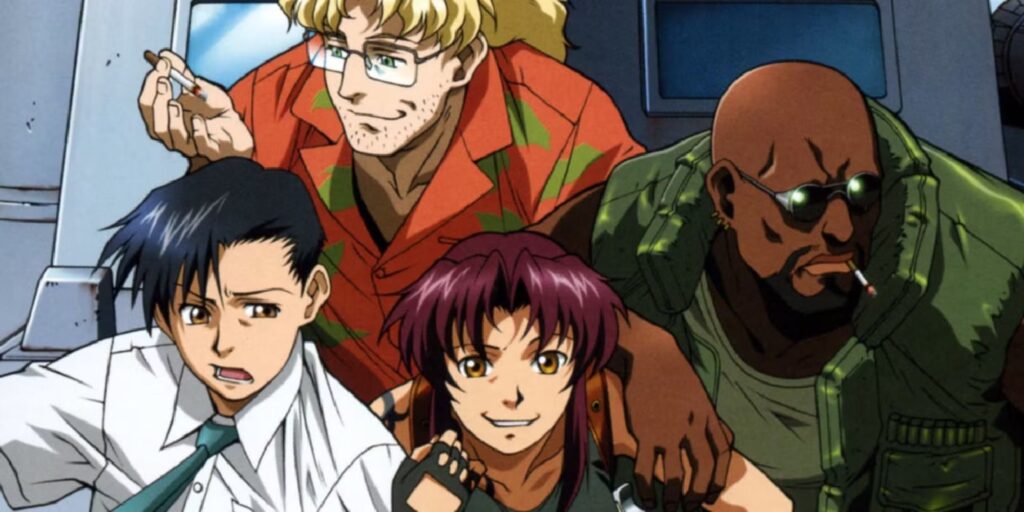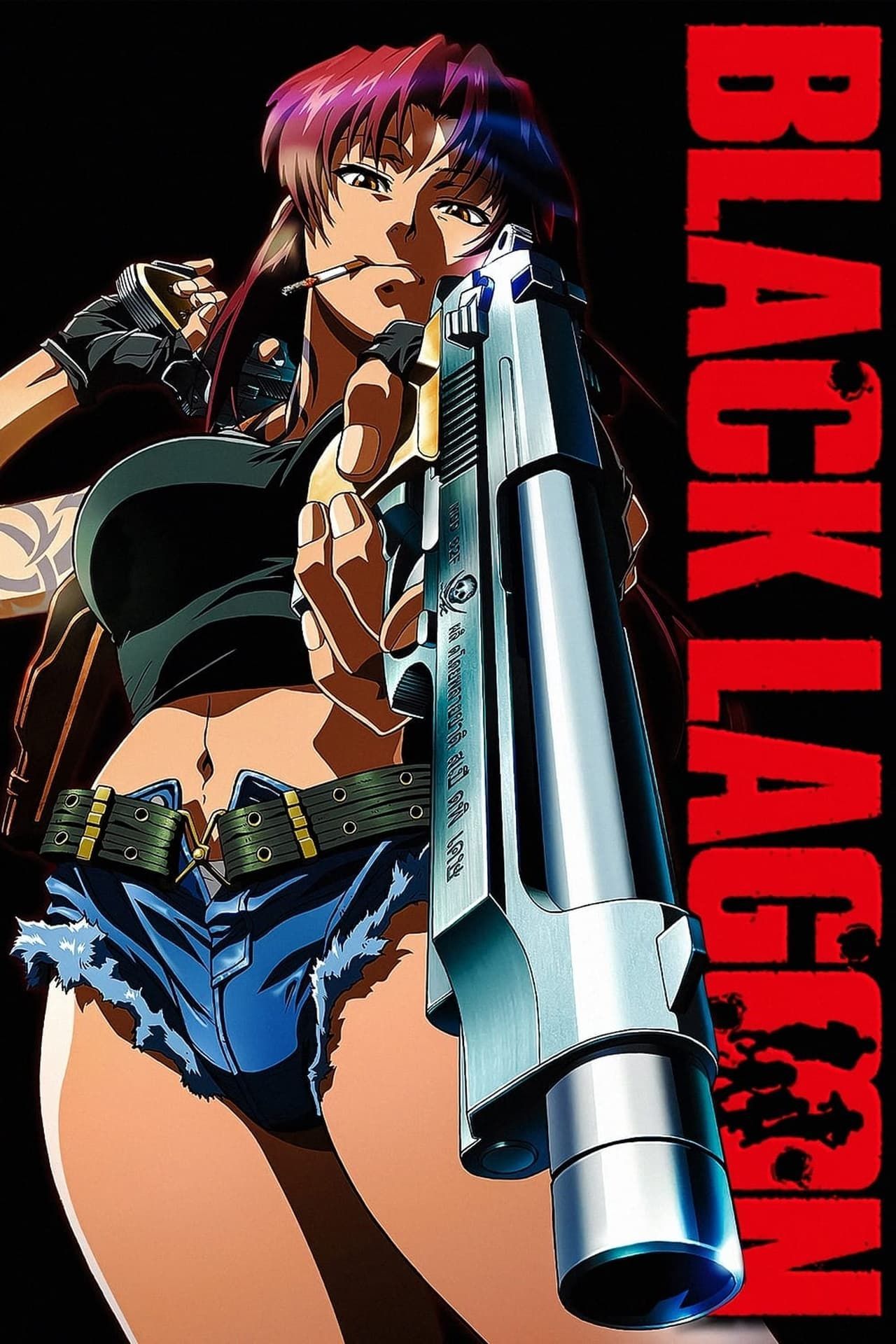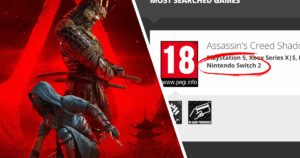If Quentin Tarantino Made an Anime Show, It Would Be This Gritty, 3-Season Crime Series

Anime isn’t always about leveling up or high school romances. Every now and then, a series breaks out of that mold, loaded with grit, blood, bullets, and enough moral ambiguity to make you question every character’s intentions. Black Lagoon is that anime, and if Quentin Tarantino ever dipped his toes into the realm of Japanese animation, this would be his masterpiece in spirit.
Imagine an anime that captures the heartbeat of Tarantino’s storytelling—sharp dialogue, unhinged characters, and stylized violence. Set in the fictional city of Roanapur—an unforgiving hive of criminals, mercenaries, and warlords somewhere in Southeast Asia—Black Lagoon doesn’t ask you to root for the good guys. It asks you to question if there are any good guys at all. The landmark Madhouse show drops you into a world where diplomacy is done at gunpoint, where loyalty is bought in blood, and where the people pulling the triggers are as broken as the society around them.
‘Black Lagoon’ is a Blood-soaked World About a Group of Unapologetic Mercenary Pirates
Truth be told, if Quentin Tarantino ever decided to swap his camera for a sketchpad and dive into the anime universe, Black Lagoon is almost certainly what he’d make. This isn’t your typical anime, to put it simply. Created by Rei Hiroe, Black Lagoon is rough and completely unapologetic about the dark, blood-soaked world into which it plunges you. The three-season crime series doesn’t waste any time; it opens with a kidnapping, a betrayal, and a reluctant transformation, and it only gets grimmer.
Taking place in the corrupt port town of Roanapur city, the story centers around Rokuro Okajima (Daisuke Namikawa), a mild-mannered Japanese salaryman who ends up being taken hostage by the Lagoon Company—a group of mercenary pirates who smuggle illegal goods for various criminal organizations. His own company quickly throws him under the bus, disowning him to protect their own reputation. And in a move that’s both tragic and cathartic, Rokuro, now dubbed “Rock,” chooses to join the very crew that kidnapped him. He walks away from the safety of spreadsheets and fluorescent lights and into a boundaryless life of crime.
The Lagoon Company itself is a messy rag-tag bag reminiscent of “an earthbound Cowboy Bebop”. Dutch (Tsutomu Isobe), the no-nonsense leader, keeps things running like a tightly wound machine. Benny (Hiroaki Hirata), the Floridian hacker, struts a laid-back contrast to the chaos around him. Then, there’s Revy (Megumi Toyoguchi). With dual-wielding pistols, a bad attitude, and a temper that could ignite a city block, Revy is the engine that powers the show. If Tarantino were to write a female lead for an anime, Revy would be it. She’s tough as nails and dangerously skilled. Underneath her bravado is a character struggling with trauma, but fans don’t get any weepy flashbacks—just a middle finger and maybe a bullet.
More importantly, Roanapur is as much a character as the people living in it. It’s a lawless haven where mafias, warlords, mercenaries, and washed-up idealists coexist in an unpredictable ecosystem. Every alleyway is a potential battleground, and trust is more dangerous than any weapon. The city feels like something pulled out of a Tarantino fever dream, from the sleazy bars to neon signs to backroom deals drenched in gun smoke. Every conversation could end in a monologue or a massacre, making it one of the most gripping action anime, almost as good as The Godfather.
Much Like Quentin Tarantino, ‘Black Lagoon’ Anime Is Obsessed with Flawed Characters
What’s so alluring about Black Lagoon is how it balances its explosive action with genuinely thoughtful moments. There are plenty of shootouts, car chases, and dramatic standoffs, but the series also gives its characters time to reflect—even if that reflection is a cigarette-fueled debate while sitting on a dock after a job gone wrong. The show doesn’t just revel in violence; it questions it. Characters aren’t invincible heroes. They’re flawed people trying to navigate a society that has long abandoned traditional ideas of right and wrong.
That tension—between chaos and contemplation—is where the Tarantino energy shines through. Black Lagoon doesn’t shy away from letting its characters be a little absurd. For instance, there’s a scene where a Catholic nun pulls out a shotgun, and then there’s a mafia maid who doubles as a one-woman army. It all sounds ridiculous on paper, but in context, it works! The anime leans into the craziness of its situation, much like how Pulp Fiction or Kill Bill juxtapose graphic violence with offbeat humor.
From clashes with neo-Nazis to emotionally heavy backstories involving child soldiers and war crimes, Black Lagoon is bold because digs deeper into what makes the characters tick. Rock, in particular, undergoes a subtle but significant transformation. He doesn’t become a cold-blooded killer, but he does lose his illusions. His optimism is chipped away, episode by episode, until all that remains is a man who understands the rules of this brutal life even if he doesn’t always agree with them. And that’s the beauty of the anime. The story presents the Lagoon Company as they are: survivors.
So, why does this feel like a Quentin Tarantino anime? Like the director’s iconic films, Black Lagoon is stylish without being exaggerated, violent without being unwarranted, and invested in flawed characters. The anime engages Western cinema and filters it through a unique anime lens, and spits out something entirely original. Whether you’re a “weeb” or someone who adores a good, gritty crime show, Black Lagoon is worth the ride. Just don’t expect to come out of it the same way you went in. Like Rock, you might find yourself questioning a few things about the world and maybe even about yourself.

- Release Date
-
2006 – 2006
- Directors
-
Sunao Katabuchi
- Writers
-
Sunao Katabuchi
- Franchise(s)
-
Black Lagoon





